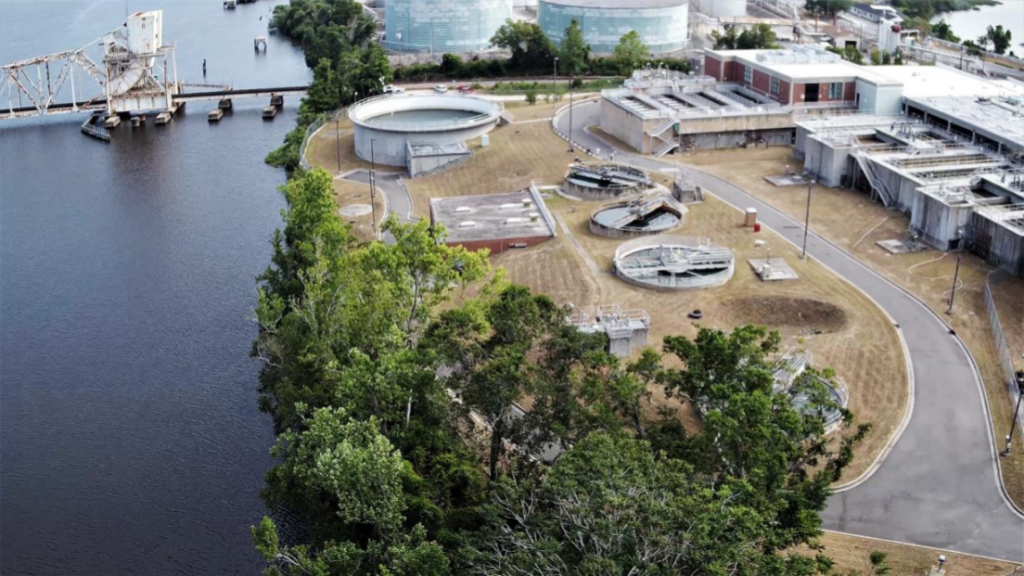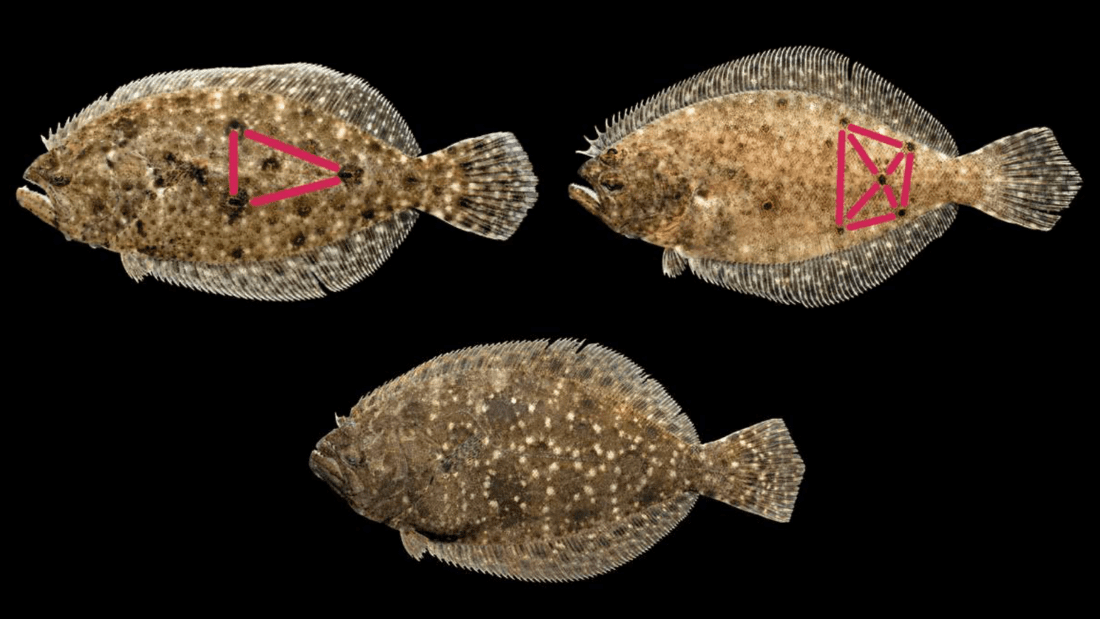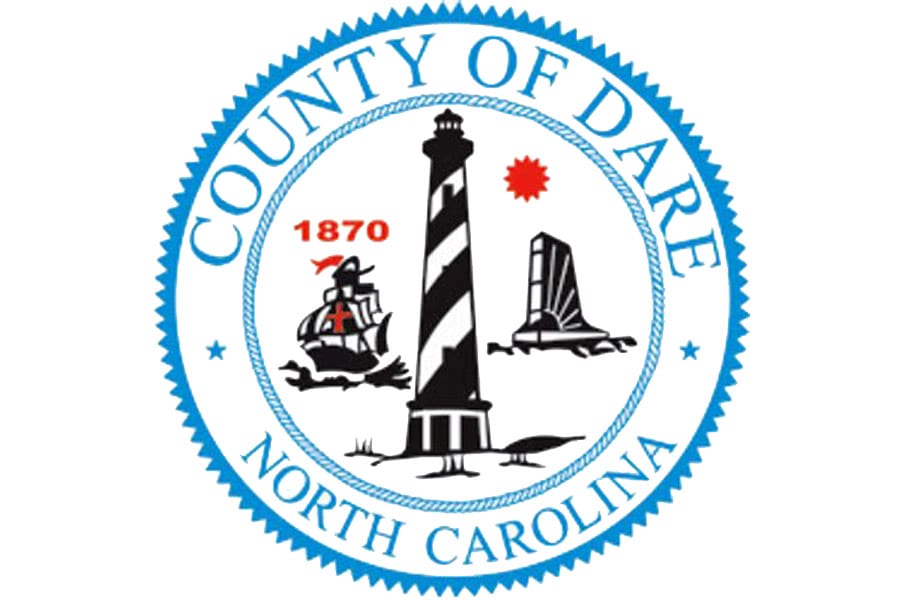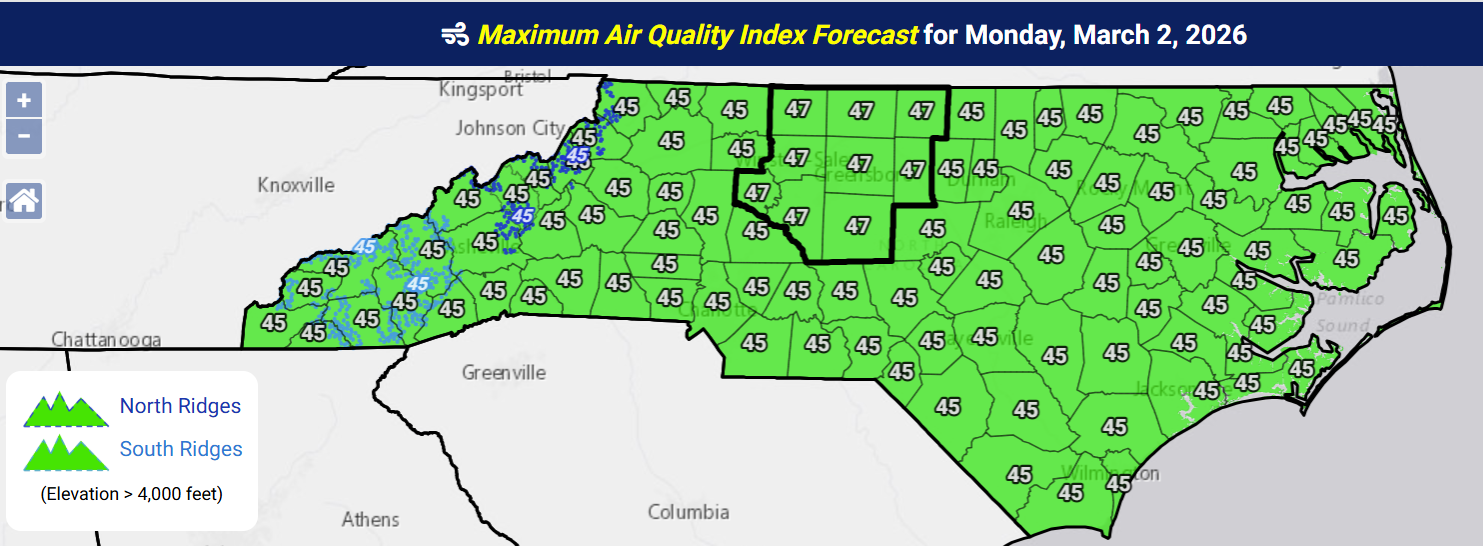
A drinking water provider that sources raw water from the Cape Fear River filed a lawsuit last week to prevent the companies responsible for contaminating the river with “forever chemicals” from financial restructuring to avoid liability.
Cape Fear Public Utility Authority filed the suit, Cape Fear Public Utility Authority v. EIDP Inc., et al. Friday in Delaware’s Court of Chancery, the authority announced Wednesday.
Supporter Spotlight
The defendant, EIDP, Inc., or DuPont, is a corporation under Delaware laws registered to do business in North Carolina.
Cape Fear Public Utility Authority filed Friday a lawsuit seeking to prevent the financial restructuring of the companies to shield them from liability for damage resulting from PFAS contamination at the Fayetteville Works chemical plant.
The restructuring would shield DuPont, Chemours Co. and related companies from liability for damage resulting from per-and polyfluoroalkyl substances, or PFAS, contamination at the Fayetteville Works chemical plant, which is upstream of the raw water intake for the public utility, according to the lawsuit.
PFAS are called “forever chemicals” because they do not break down in the environment and can last thousands of years.
In 2013 DuPont faced increasing legal liabilities for contamination related to its PFAS manufacturing at other locations and “began consideration of restructuring transactions … to avoid responsibility for the widespread environmental harm that DuPont’s PFAS contamination had caused and shield billions of dollars in assets from these substantial liabilities,” according to the lawsuit.
Supporter Spotlight
The lawsuit includes a timeline of restructuring activities including DuPont developing Chemours, DuPont’s merger with the Dow Chemical Co., and the creation of Corteva Inc., which holds DuPont as a subsidiary.
Defendants request in the lawsuit that the court entitle the authority to satisfy its damage claims “to the extent necessary” from the defendants without regard to restructuring activities, as well as prevent further restructuring, transfers or similar actions related to assets previously owned by Chemours or DuPont.
Chemours, a subsidiary of DuPont, had been discharging PFAS from its Fayetteville Works facility into the Cape Fear River since 1980. The chemical manufacturing plant discharges into the river upstream from intakes providing raw water to downstream drinking water utilities serving hundreds of thousands of people, including the authority’s customers.
In late 2016, researchers published results of tests showing high levels of PFAS in the Cape Fear River downstream of the Fayetteville Works site. Chemours representatives announced in 2017 the PFAS discharge, according to background information provided by the authority.
The authority’s Sweeney Water Treatment Plant sources raw water from the Cape Fear River and provides about 80% of the drinking water provided to its more than 200,000 customers.
The Sweeney plant underwent extensive upgrades completed in 2012, costing more than $65 million. Because the authority was unaware of the contamination, the facility was not designed to remove PFAS.
Since then, the authority has added treatment technology, including the $43 million granular activated carbon filters. The new filters came online in October 2022 and have been removing Chemours’ PFAS during treatment to levels at or near nondetection in finished drinking water, according to the lawsuit.
The authority filed a separate federal lawsuit in 2017 to recover costs and damages related to Chemours’ and Dupont’s PFAS releases from their chemical plant.
The lawsuit filed Friday states that the authority’s damages include $64.2 million in costs incurred or committed to through June 30 and $174.4 million in known future costs. The damage calculations are expected to increase as more information becomes known regarding PFAS impacts.
Resolution of that lawsuit likely is several years away, and it is not possible to predict what that might entail, including any monetary award, authority officials said.
The authority is a public entity that is funded by ratepayers and operates without any profit. Customers would be the beneficiaries of any award received from the lawsuit.
A Chemours representative, in response to a request for comment, said Wednesday that because this pertains to a legal matter, they have no additional information to share at this time.







